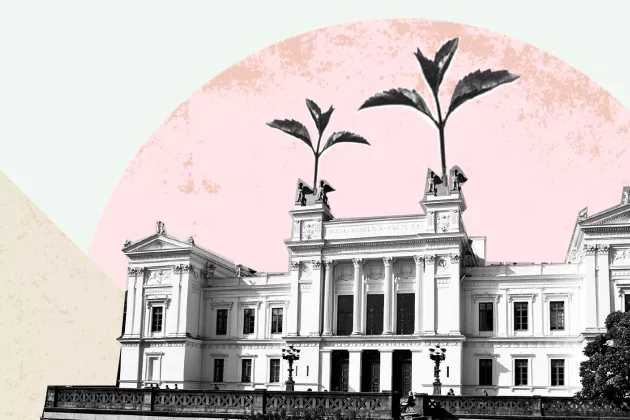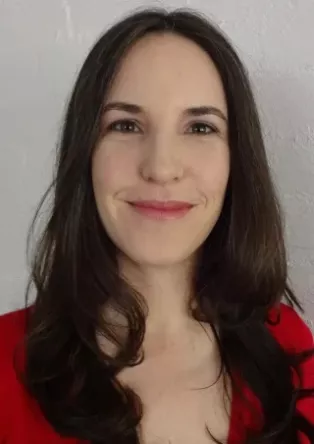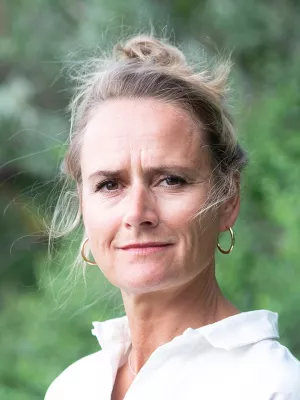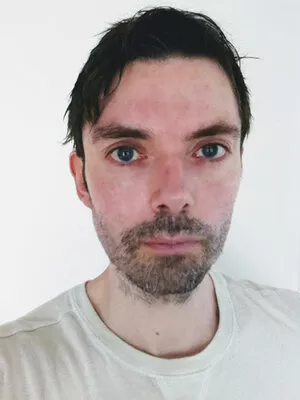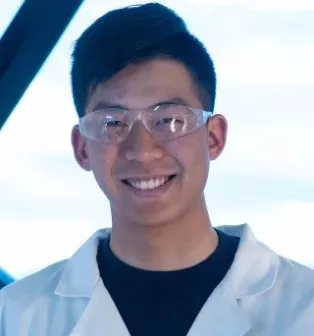From biomimicry and energy efficiency enhancement to a model for legal advice on human rights – the applications and the granted projects reflect both the leading-edge expertise and diversity of subject choice at Lund University.
“We are pleased about the considerable variation among the applications, with a focus on both social and environmental sustainability. It demonstrates the potential Lund University has to contribute to sustainable development and the global goals,” says project manager Peter Franck, LU Innovation.
Each project will be award up to SEK 150,000 from the fund. The assessment group consisted of six people appointed by the Sustainability Forum and LU Innovation, with expertise in both the innovation process and sustainability challenges.
Granted projects
Text mining for environmental science
Sonja Aits, Department of Experimental Medical Science
The project will construct an AI-based tool for text processing in environmental science, which could be used by researchers, companies and other organisations working on sustainable solutions. The method is based on similar research from medical science. This will ensure that the best evidence-based solutions and policies can be developed in order to address sustainability challenges.
Legal expertise for the right to have rights
Anna Lundberg, Sociology of Law Department
The project will create a practical model to inform about, and provide advice on, rights within labour law, migration law and social law, and the interaction between these areas of law. The model is aimed at organisations whose work involves legal advice and people who need information about their rights. The innovation could counteract social exclusion and promote social sustainability.
Selective inhibition for energy efficient AI and robotics
Trond A. Tjøstheim, Cognitive Science, Department of Philosophy
Many AI systems, including robots and computers, have integrated circuits that measure energy consumption. However, these systems are rarely used to minimise energy consumption in the device. The hypothesis for the project is that certain inhibitory mechanisms, with equivalents in biology, can be used to reduce energy consumption. Using biomimicry for energy optimisation could lead to new ways to control equipment and contribute to both energy efficiency enhancement and financial savings.
Fungal screening and microfluidic prototype test for developing fungal concrete band-aid
Hanbang Zou, Department of Biology
Concrete is one of the most commonly used building materials, but the production process pollutes the air, requires a lot of energy and releases large amounts of carbon dioxide. Using a fungal-based process, the project will develop “self-healing” concrete that reduces the need for new concrete in renovation work. Less newly produced concrete means less air pollution and climate impact, financial savings and a better work environment for those producing and building with concrete.
New calls for applications
A new call for applications in the same area, Sustainable Idea Exploration, will open in spring 2023 for applications from all researchers at Lund University.
There are two other parts within the Sustainability Fund framework:
- Scholarship support for students who want to develop a sustainable idea. The application deadline is 12 February.
- Test bed support, which makes it possible for the University itself to act as a test bed for the development of sustainable solutions in society. The application period will begin during the spring semester.


